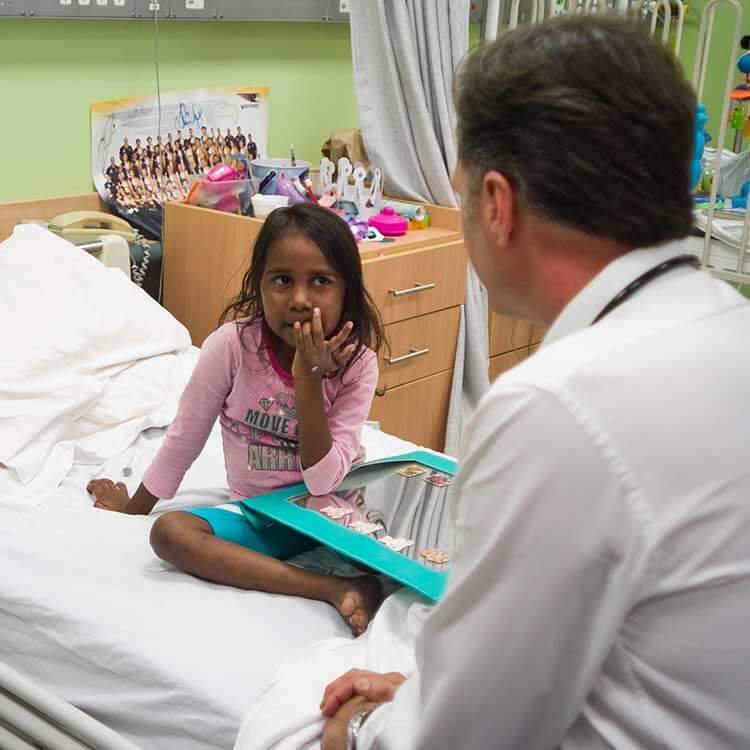Search
Research
Exploring the dynamics of respiratory syncytial virus (RSV) transmission in childrenWe develop a compartmental model for RSV infection, driven by a seasonal forcing function, and conduct parameter space and bifurcation analyses to document...
Research
Optimization is required when using linked hospital and laboratory data to investigate respiratory infectionsDespite a recommendation for microbiological testing, only 45% of children hospitalized for respiratory infections in our previous data linkage study linked...
Research
Can linked emergency department data help assess the out-of-hospital burden of acute lower respiratory infectionsThere is a lack of data on the out-of-hospital burden of acute lower respiratory infections (ALRI) in developed countries.
Research
The pathogen specific burden of hospitalisation for enteric and blood stream infection in children and young people in Western AustraliaHannah Tom Moore Snelling OAM BSc (Hons) GradDipClinEpi PhD BMBS DTMH GDipClinEpid PhD FRACP Head, Infectious Diseases Research Head, Infectious
Research
Understanding the true burden of paediatric respiratory syncytial virus (RSV) in order to optimise prevention programsHannah Moore OAM BSc (Hons) GradDipClinEpi PhD Head, Infectious Diseases Research 08 6319 1427 Hannah.moore@thekids.org.au Head, Infectious Diseases
Research
WHO SARI & RSV Surveillance in AustraliaChristopher Blyth MBBS (Hons) DCH FRACP FRCPA PhD Centre Head, Wesfarmers Centre of Vaccines and Infectious Diseases; Co-Head, Infectious Diseases

News & Events
Bold bid to end rheumatic heart diseaseSome of the nation’s leading medical researchers will converge on Darwin this week to step out a plan to wipe out rheumatic heart disease.
Research
AGAR KidsBacteraemia is associated with significant morbidity and mortality in children and adults, more frequently affecting neonates, Indigenous children and children admitted to hospital.
Research
Timeliness of signal detection for adverse events following influenza vaccination in young children: a simulation case studyActive vaccine safety surveillance leading to rapid detection of a safety signal would likely have resulted in earlier suspension of Fluvax from the vaccination programme
Research
A Rationale for Change: An Increase in Invasive Pneumococcal Disease in Fully Vaccinated ChildrenA review of cases informed a change from a "3 + 0" infant schedule to a "2 + 1" schedule
